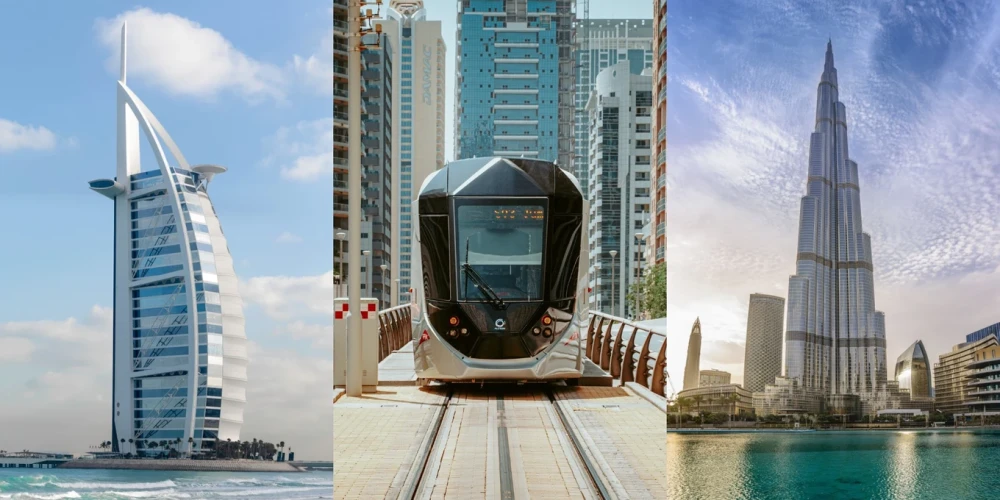
Comparing Dubai with Other UAE Cities for Real Estate Investment: Why Is Dubai the Top Choice for Investors?
In the competitive real estate landscape of the United Arab Emirates, choosing the right city for property investment goes far beyond budget considerations. Key factors such as return on investment, quality of life, urban infrastructure, and ownership laws play a crucial role in shaping buyers’ decisions. Cities like Dubai, Abu Dhabi, Sharjah, and Ajman each offer unique features and advantages, catering to different types of investors and homebuyers.
This article provides an analytical and unbiased comparison of these four cities to help investors make informed decisions aligned with their priorities and financial goals.
The Six Key Criteria Used for Comparison:
- Property Prices
- Infrastructure & Lifestyle
- Ownership Laws for Foreigners
- Capital Appreciation
- Rental Market & ROI
- Quality of Life
Property Price Comparison Across Cities
According to 2024 data, the average price per square meter in Dubai ranges from AED 15,000 to AED 25,000. Premium areas like Palm Jumeirah, Downtown Dubai, Business Bay, and Dubai Hills command the highest prices.
In comparison, Abu Dhabi's average prices range from AED 13,000 to AED 20,000 per square meter. Sharjah offers more affordable options at AED 6,000 to AED 10,000, while Ajman is the most budget-friendly, with prices ranging from AED 3,500 to AED 7,000 per square meter.
But what explains this price difference?
The gap is not solely due to location or urban development. Dubai's real estate market is driven by high demand, iconic architectural projects, and world-class infrastructure, making it a trusted choice for foreign investors.
Infrastructure, Amenities & Lifestyle
Dubai is a global city, home to an international airport, metro system, world-renowned shopping malls, and numerous international schools. While Abu Dhabi offers similar amenities, its environment is more formal and administrative in nature.
Sharjah appeals to those seeking a quieter lifestyle, with a more traditional population and cultural restrictions, though it has limited infrastructure in comparison.
Ajman remains less developed but is a viable choice for families prioritizing affordability over high-end amenities.
Capital Growth and Long-Term Market Outlook
Dubai’s real estate has witnessed consistent capital growth over the past decade. Areas such as Dubai Marina, Downtown, and Dubai Creek Harbour have seen double-digit growth in recent years.
Major developments like Expo 2020, Dubai Creek Tower, the second international airport (Al Maktoum Airport), and smart mobility infrastructure position the city for a bright future.
On the other hand, Abu Dhabi has followed a more stable and conservative growth trajectory. Projects such as Yas Island and Saadiyat Island have potential, but the pace of investor uptake has been slower.
Sharjah and Ajman are still in the early phases of infrastructure development and are better suited for high-risk investors or those looking to enter the market with lower capital.
Ownership Laws for Foreign Buyers
Dubai: Since 2002, Dubai has allowed full freehold property ownership for foreigners in designated areas such as:
- Jumeirah Village Circle (JVC)
- Dubai Hills Estate
- Downtown Dubai
- Palm Jumeirah
These areas are highly favored by international investors due to their modern infrastructure, high rental yields, and diverse project offerings.
Abu Dhabi: Since 2019, Abu Dhabi has expanded property rights for non-citizens. Foreigners can now own 100% freehold property in specific zones including:
- Yas Island
- Al Reem Island
- Saadiyat Island
While fewer in number than Dubai’s freehold zones, these areas are well-developed and suitable for long-term residential living or strategic investments.
Sharjah: Foreign nationals can only lease properties on a long-term basis (up to 99 years) in select zones. Freehold ownership is reserved for GCC nationals.
Ajman: Foreigners are allowed full ownership in designated zones, although the regulatory framework is simpler and less evolved compared to Dubai or Abu Dhabi.
Buyers should be aware of ownership laws, residency eligibility through real estate, and all associated costs. For a deeper dive, refer to our article on “Property Ownership for Foreigners in the UAE.”
If you're unsure about which city, area, or development project to choose, Afdal Real Estate is here to guide you. With deep market expertise, direct access to off-plan projects, and a thorough understanding of UAE property laws, Afdal provides accurate and personalized consultation tailored to your investment goals.
Conclusion
Dubai remains the top choice for both local and international investors due to its dynamic market, global positioning, and future-ready infrastructure. Its consistent price growth, high-demand rental market, and variety of premium developments make it ideal for investors seeking strong returns and rapid capital appreciation.
Abu Dhabi, with its economic stability, family-friendly environment, and conservative policies, appeals to those who prioritize long-term security over fast-paced growth.
Sharjah and Ajman offer more affordable entry points, especially for families with limited budgets or investors looking for lower initial capital requirements. However, they come with limitations in terms of infrastructure, legal flexibility, and investment diversity.
Ultimately, choosing the best city for property investment in the UAE depends on your specific goals, available budget, lifestyle preferences, and risk tolerance.
- If your priority is rapid ROI and access to a thriving rental market, Dubai is your best bet.
- If you prefer long-term stability and lower risk, Abu Dhabi might be the right fit.
- For budget-conscious investors, Sharjah and Ajman provide accessible alternatives—though with some compromises.
FAQs
- Is property more affordable in other UAE cities compared to Dubai?
Yes. Cities like Sharjah and Ajman offer significantly lower property prices, making them attractive for buyers with limited budgets. - Which city is better for family living?
Dubai and Abu Dhabi stand out with superior healthcare, education, and family-friendly environments. - Can you obtain residency by buying property in Sharjah or Ajman?
Yes, in designated zones and typically for properties valued over AED 750,000. However, terms and eligibility vary by emirate. - Which city offers the highest investment growth potential?
Dubai remains the leader in capital growth due to its robust demand, global appeal, and large-scale development projects.





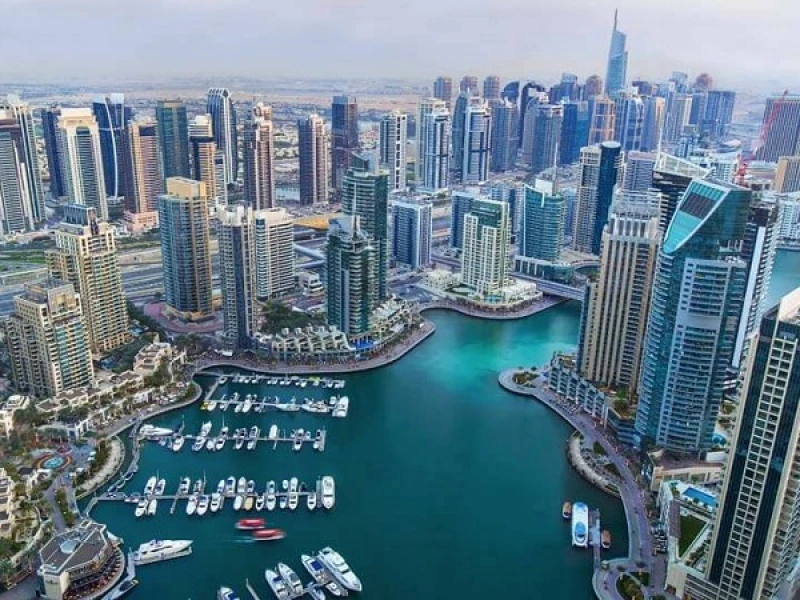
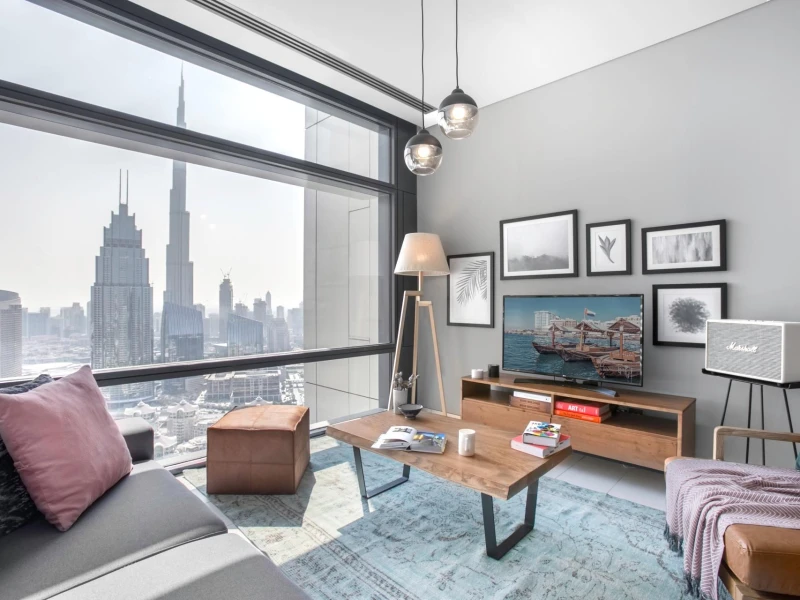
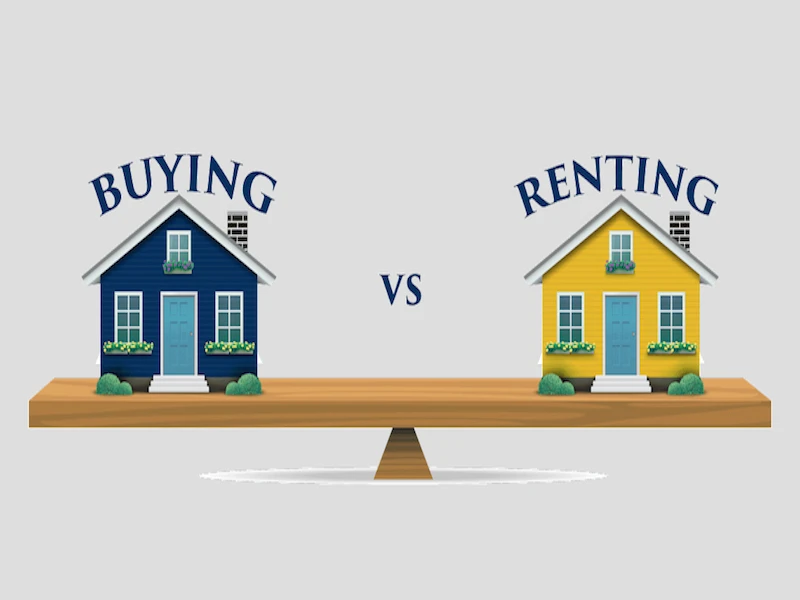
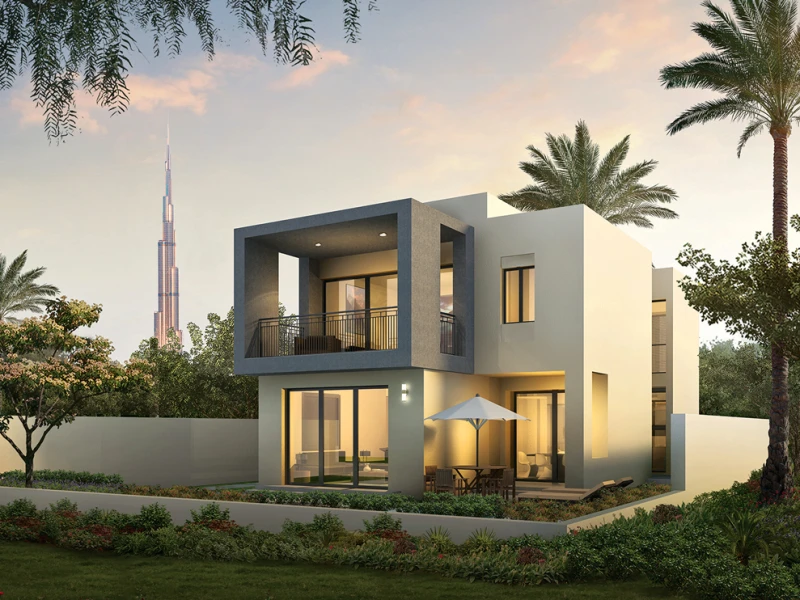
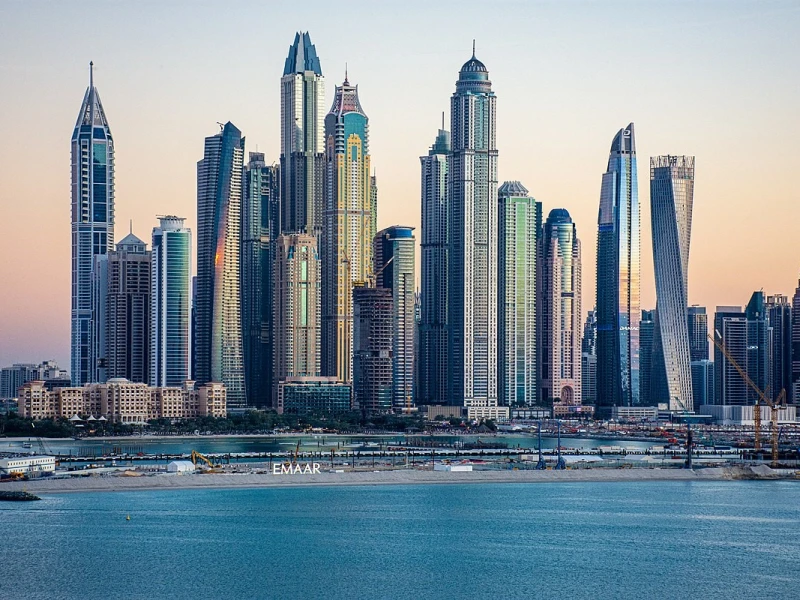
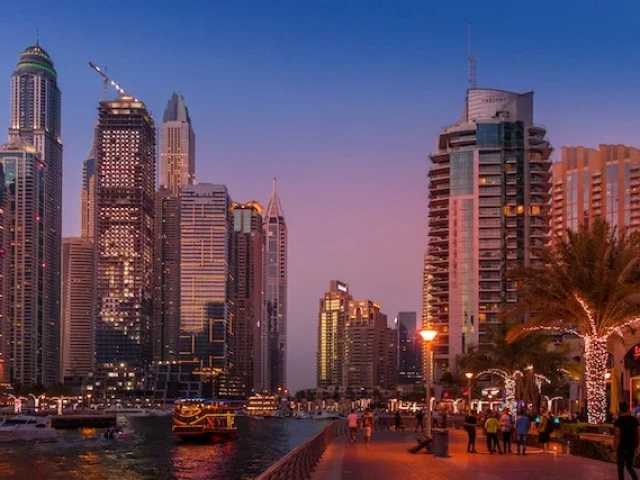
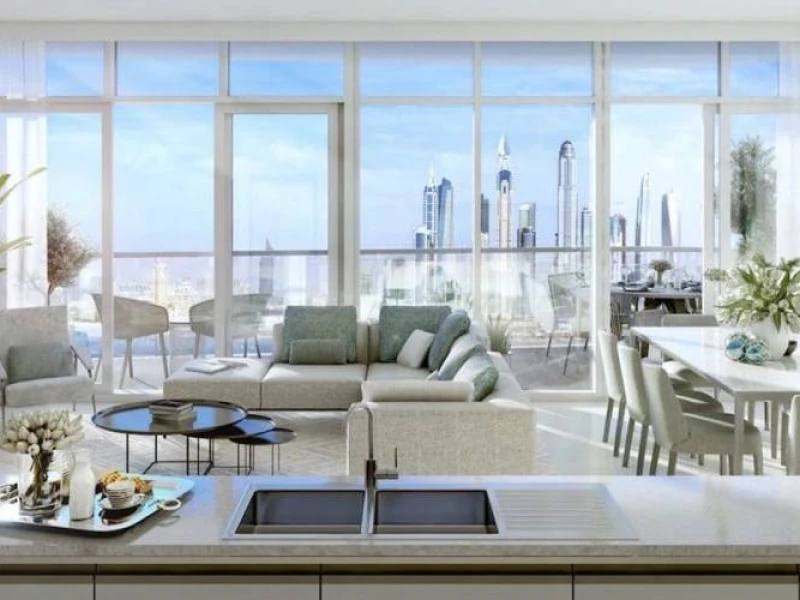



Reviews
Please submit your comment.
It will be displayed after the approval of admins.
To do this, please login first
No comment submitted yet